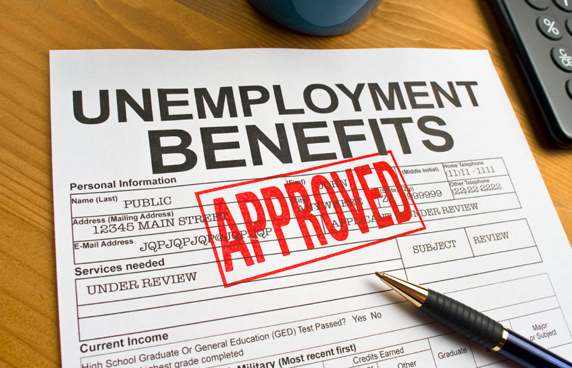High Unemployment Taxes to Continue

Higher unemployment compensation taxes continue to be the “new normal” for employers as Connecticut works to square its account with the federal government on money borrowed to keep the state’s system afloat.
This summer, to pay back interest on the nearly $810 million the state has borrowed thus far, employers were levied a special state assessment of $1.70 per worker for each $1,000 in taxable income, capped at $25.50 per employee.
Next (in January 2012), businesses will have to pay, on average, an additional, $21-per-employee federal tax to help cover the principal on the loan.
As Connecticut’s unemployment rate hovers at 9.1 percent, the state could end up borrowing more than $1 billion, which would mean additional employer taxes.
The extra charges are in addition to the quarterly unemployment taxes employers already pay on the first $15,000 of an employee's wages.
The state’s unemployment insurance fund became insolvent in October, 2009. Connecticut is one of 33 states that have borrowed money to meet unemployment benefit obligations.
Connecticut Labor Commissioner Glenn Marshall said he expects the state’s special interest assessment will remain in place for several years, until the state pays out an estimated $130 million in interest payments to the federal government. The agency posted a detailed set of questions and answers about the special assessment at its website.
For more information, contact CBIA’s Kia Murrell at 860.244.1931 or kia.murrell@cbia.com.
RELATED
EXPLORE BY CATEGORY
Stay Connected with CBIA News Digests
The latest news and information delivered directly to your inbox.


